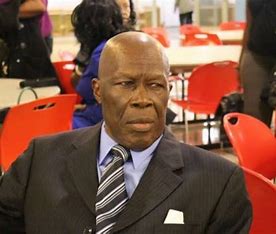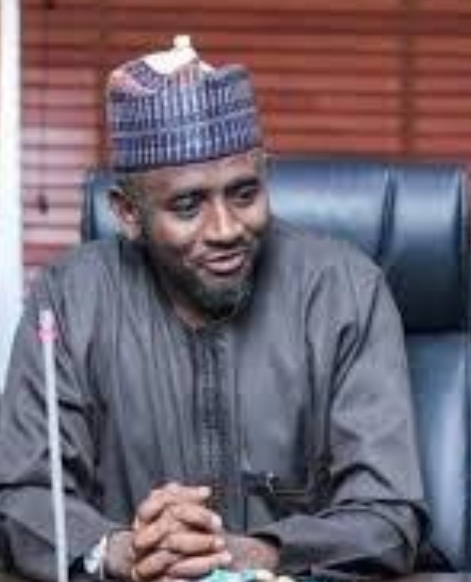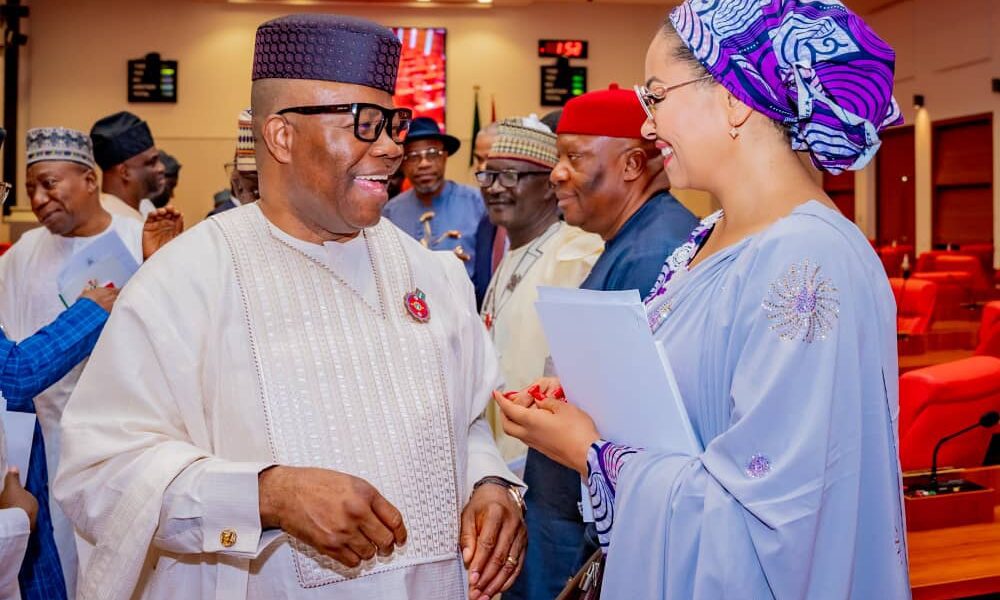In an account of her tenure as Nigeria’s ambassador to Spain, ministerial nominee Bianca Odumegwu-Ojukwu shared that she was compelled to live in a hotel for a full year due to the deplorable state of the Nigerian embassy in Madrid.
Speaking during her Senate screening on Wednesday, Ojukwu highlighted the urgent renovations she spearheaded to improve the embassy’s condition and elevate Nigeria’s image abroad.
“When I arrived in Spain, the mission building was in such an appalling state that I spent an entire year in a hotel room,” she explained. Located in the prestigious Galagao area, the deteriorated embassy was visible to passersby attending high-profile events, which Ojukwu found embarrassing for the country. “It was disheartening that this decadent structure represented Nigeria in such a prestigious area,” she noted.
Determined to change this, Ojukwu launched extensive renovations, focusing on both the mission building and the ambassador’s residence.
“The Nigerian embassy in Madrid that you see today is the product of my time in that country,” she stated, emphasizing her commitment to restoring Nigeria’s diplomatic presence to one of dignity and respect.

Ojukwu also addressed the ongoing challenges faced by Nigerian embassies worldwide due to insufficient funding, which hampers their ability to conduct necessary maintenance. “This shortage of funds prevents embassies from showcasing Nigeria’s stature,” she added, pointing out that this financial strain has weakened Nigeria’s international standing.
In her closing remarks, Ojukwu urged the government to prioritize embassy upkeep, noting that dignified facilities are essential for fostering Nigeria’s foreign policy and diaspora engagement. Following her statements, she was asked to take a bow and leave, marking the conclusion of her screening.



